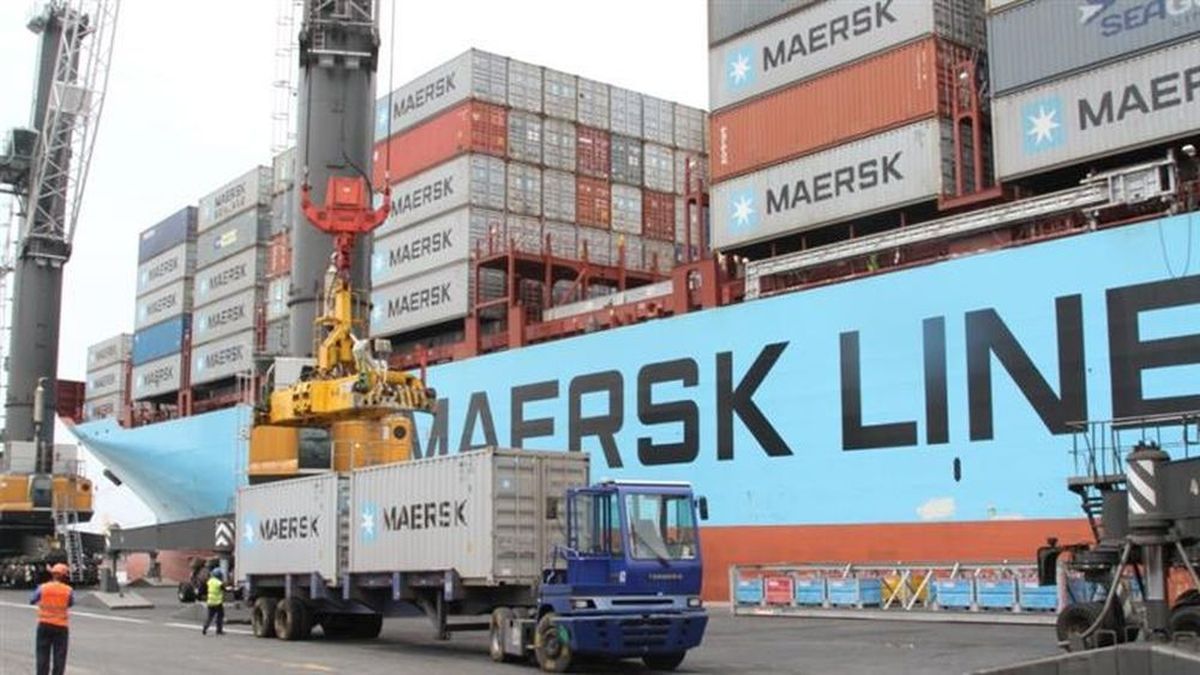According to a study, temporary border controls also harm the economy. The losses in gross domestic product could reach a double-digit billion amount.
According to an analysis by credit insurer Allianz Trade, the temporary controls at German borders are likely to further weaken the economy. “The additional waiting times at the borders are likely to increase transport and goods costs for imports by around 1.7 percent, thereby reducing both the overall volume of trade and competitiveness, which is already at a low level for German manufacturers,” said senior economist Jasmin Gröschl. The controls would trigger a chain reaction: “Trade could lose up to 1.1 billion euros per year.” This in turn could increase the risk of recession and lead to losses in gross domestic product of up to 11.5 billion euros.
On Monday, Germany expanded the border controls already in place in the east and south of the country to all land borders. The controls are intended to curb unwanted migration and crime. Federal Interior Minister Nancy Faeser (SPD) had promised that commuters need not expect major traffic disruptions.
Border crossing could take 20 minutes longer
According to Allianz Trade, under normal circumstances a typical border crossing within the Schengen area takes an average of 3.34 minutes. With the controls, it can be assumed that the situation will in future be similar to that at the Schengen external borders, where a border crossing with random checks can extend the travel time on a transit route by 20 minutes.
“Due to the delays at the borders, we expect not only rising costs, but also supply chain disruptions and a possible decline in imports to Germany of around eight percent,” said Gröschl. Since around two-thirds of German imports are made via land borders, this means an annual decline of up to 1.1 billion euros. “With the elimination of these imports, fewer end products can be manufactured or companies have to operate more and expensive warehousing because the industry’s just-in-time production is restricted.”
Food industry faces import losses of 62 million euros
According to the analysis, broken down by sector, the food sector is likely to face an increase in trade costs of 2.6 percent and an import loss of 62 million euros. For trade services, the figure is 2.4 percent and import losses of 55 million euros, and for transport services, a cost increase of 1.8 percent and import losses of 51 million euros.
In mechanical engineering and in the chemical and pharmaceutical industries, the increase in costs was lower at 1.2 and 2.3 percent, but the high volume of trade resulted in a significant decline in imports of 147 million and 142.1 million euros respectively. The education and leisure sectors were also hit very hard. Due to the restrictions on passenger transport and the expected traffic jams, fewer leisure services that involve crossing the border, such as day trips or weekend trips, were being used.
Source: Stern




